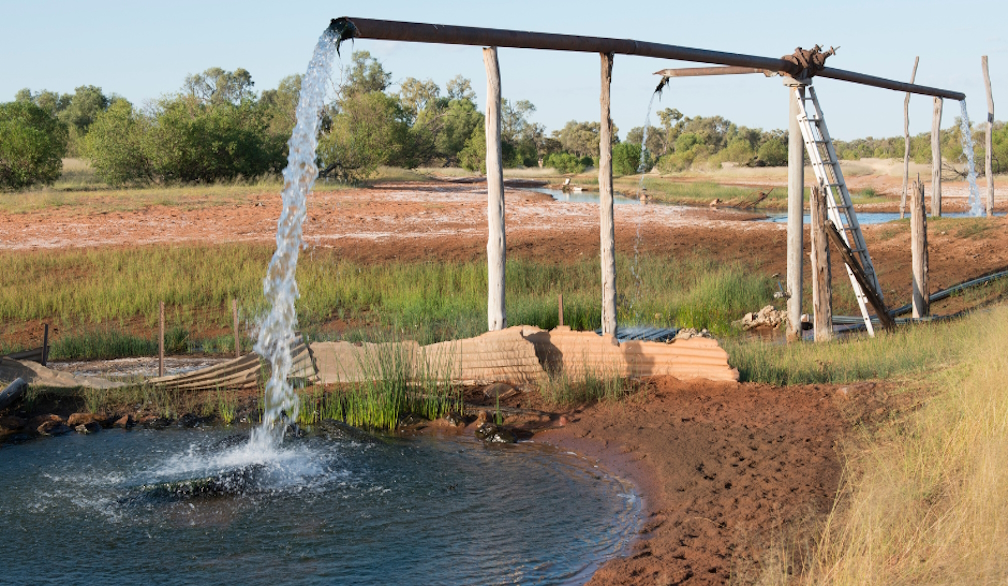Farmers for Climate Action opposes coal waste injection into Australia’s largest underground water supply

Farmers For Climate Action has backed farmers opposing a carbon capture and storage project which aims to inject coal mine waste into Australia’s biggest underground water source.
US coal giant Glencore’s proposal to inject 110,000 tonnes of liquified carbon waste from the Millmerran coal fired power station into the Great Artesian Basin (GAB) has been met with serious opposition from farm groups.
“Putting coal mine waste into our Great Artesian Basin is a reckless experiment with agricultural water,” Ms Collard said.
“The threat to farmers’ water security from this carbon capture and storage project, from other coal and gas proposals across the nation, and from climate change, are real and must be taken seriously if we want to keep farmers farming. Polluters cannot be allowed to put their toxic waste in farmers’ water supplies.
“It’s time we hold polluters accountable and prioritise water security and food security, which are key planks of national security. Having a stable, locally grown food supply is not optional.
The GAB is an underground water formation which spans a fifth of the nation’s area and is worth $13 billion to the national economy. The proposal would put the coal waste directly into the Precipice Sandstone aquifer from which local farmers and towns source water.
Those having expressed serious concern about the proposal include local farmers, the Queensland Farmers Federation, Queensland farmer group AgForce, the Murweh Shire Council Mayor who says the GAB should be given the same protections as the Great Barrier Reef, politicians from the Federal Nationals and Queensland State Government, and a hydrologist who said it would increase acidification of the water by 10,000 times, dissolving the rock and putting lead and arsenic into other parts of the GAB as well as the aquifer it is injected into.
“It’s fantastic to see MPs from both sides of politics speaking out about this proposal - Federal Nationals MP Colin Boyce and Queensland state Labor Water Minister Glenn Butcher. We hope Water Minister Tanya Plibersek explores her Ministerial powers to veto this proposal.” Ms Collard said.
“American-owned coal giant Glencore calls this a ‘trial’. Lead and arsenic can’t be removed from an underground lake once it’s in there. Asking polluters whether they think their projects will cause harm is not doing due diligence. This proposal should be refused, now, and all future projects planning on injecting heavy metals into farming water should be rejected..”









